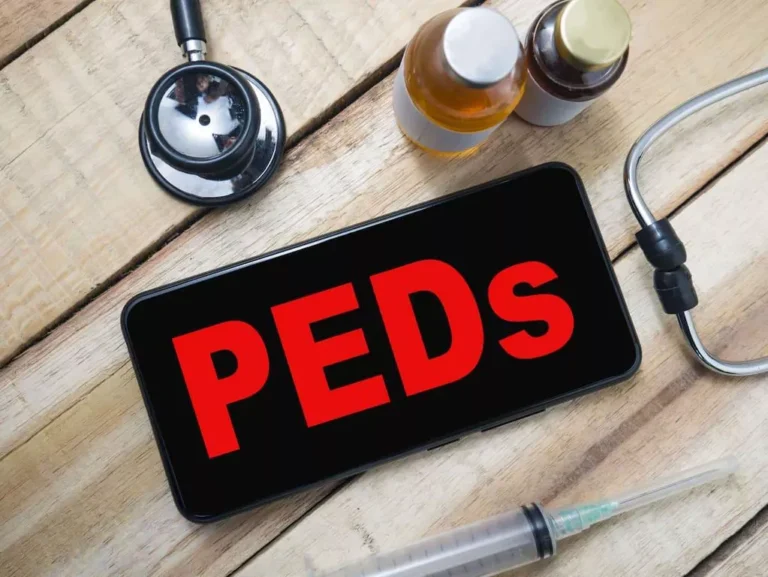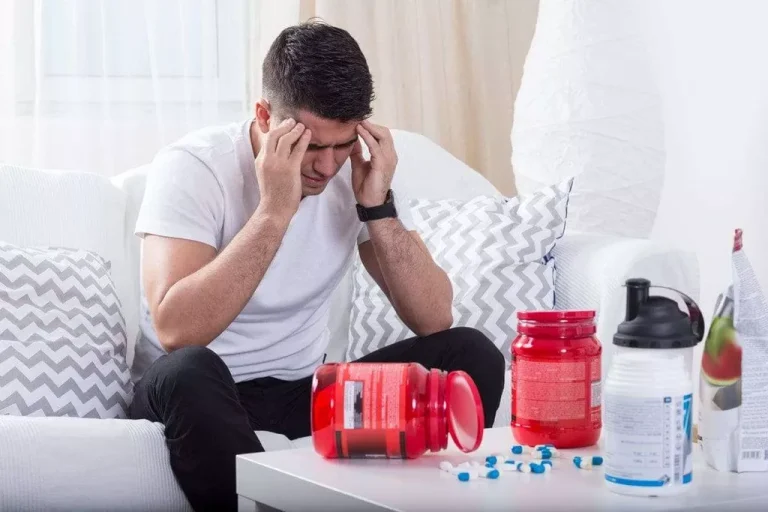
Alcohol intolerance is a temporary, but pretty uncomfortable, reaction to alcohol — with nasal congestion and flushed skin being the two most common side effects. It happens if your ALDH2 enzymes (remember those?) aren’t particularly effective at their job, or if your body just doesn’t make enough ALDH2 enzyme in the first place. In either case, the result is less acetaldehyde being broken down into acetate. If you might have a beer allergy, a provider would use common ingredients in beer (e.g., wheat and barley) for the test. If you are allergic to these ingredients, your skin will itch or you’ll get a rash during the test. Anaphylaxis is a rare but severe allergic reaction possible with any allergy, including beer or its ingredients.
- The third type of headache caused by alcohol is a “Delayed Alcohol-Induced Headache” (“DAIH”).
- The amounts of histamine vary between wines, but generally, there is more histamine in red than white wine.
- If you’ve ever experienced swelling of the tongue or throat or trouble breathing after drinking beer, you should stop drinking beer until you’ve seen a doctor.
- A skin prick test should take place in a medical setting in case of a severe allergic reaction.
How to use the study?
The most common type of allergy testing is the skin prick test. During a skin prick test, your doctor will use a lancet to prick or scratch your skin. They will apply a drop of allergen extract to the pricked or scratched area. Your skin’s reaction can help them learn if you have an allergy. As mentioned, a true allergy to alcohol is extremely rare, though cases of skin reactions have happened. Some people with asthma find that their breathing is affected when they drink alcohol.
How can I avoid getting COVID-19 and the flu?
So, people are typically born with a tendency for alcohol intolerance, which also runs in groups of people who are more closely genetically related. For example, people of Asian descent tend to have lower levels of ALDH. Each year’s sneezing after alcohol flu vaccine provides protection from the three or four influenza viruses that are expected to be the most common during that year’s flu season. The vaccine can be given as a shot, also called an injection, or as a nasal spray.
Sulfites intolerance
When we drink alcohol, an enzyme in our bodies called alcohol dehydrogenase (ADH) breaks it down into a compound called acetaldehyde. Another enzyme, aldehyde dehydrogenase (ALDH), then turns acetaldehyde into non-toxic acetic acid (vinegar). In addition, a severe reaction called anaphlyaxis can occur. Although this is rare, it can be life-threatening and require emergency care. If you might have an intolerance instead of an allergy, you could see a gastroenterologist, a healthcare provider specializing in digestive issues.
Can You Be Allergic to Wine?
Or you may have an alcohol allergy, a stronger reaction that involves the immune system. Unfortunately, nothing can prevent reactions to alcohol or ingredients in alcoholic beverages. To avoid a reaction, avoid alcohol or the particular substance that causes your reaction. In some cases, reactions can be triggered by a true allergy to a grain such as corn, wheat or rye or to another substance in alcoholic beverages. Some people believe that a reaction to histamine causes symptoms after drinking red wine. Histamine is made during the production process of fermentation.
- But there aren’t any tests for sulfite or histamine sensitivity.
- If you experience these symptoms, you should seek immediate medical attention.
- Spirits such as vodka and gin can also cause sneezing due to the presence of histamines.
- White wine tends to contain higher levels of sulfites than red wine and beer.
- “For some people with sensitive airways, such as asthmatics, consuming sulphites in alcohol may cause wheezing,” she explains.
- This article explains why some people sneeze after eating, its causes, and tips to prevent it.

COVID-19 symptoms generally appear 2 to 14 days after exposure. Flu symptoms usually appear about 1 to 4 days after exposure. COVID-19 is caused by a coronavirus called SARS-CoV-2, while flu is caused by influenza A and B viruses. Many people with the flu or mild symptoms of COVID-19 can recover at home with rest and fluids.
Can you suddenly develop alcohol intolerance?

This figure represents people whose symptoms are traceable to what the manufacturers made the product from and its production process, not the alcohol itself. Just as grapes can become wine, table fruit that becomes too ripe might contain enough alcohol to cause a reaction in someone with an alcohol allergy. Some signs of anaphylaxis include swelling, itching, tightening of the throat and mouth, a weak or rapid pulse, fainting, shock, and loss of consciousness. Aldehyde dehydrogenase (ALDH2) is an enzyme that your body uses to digest alcohol.


